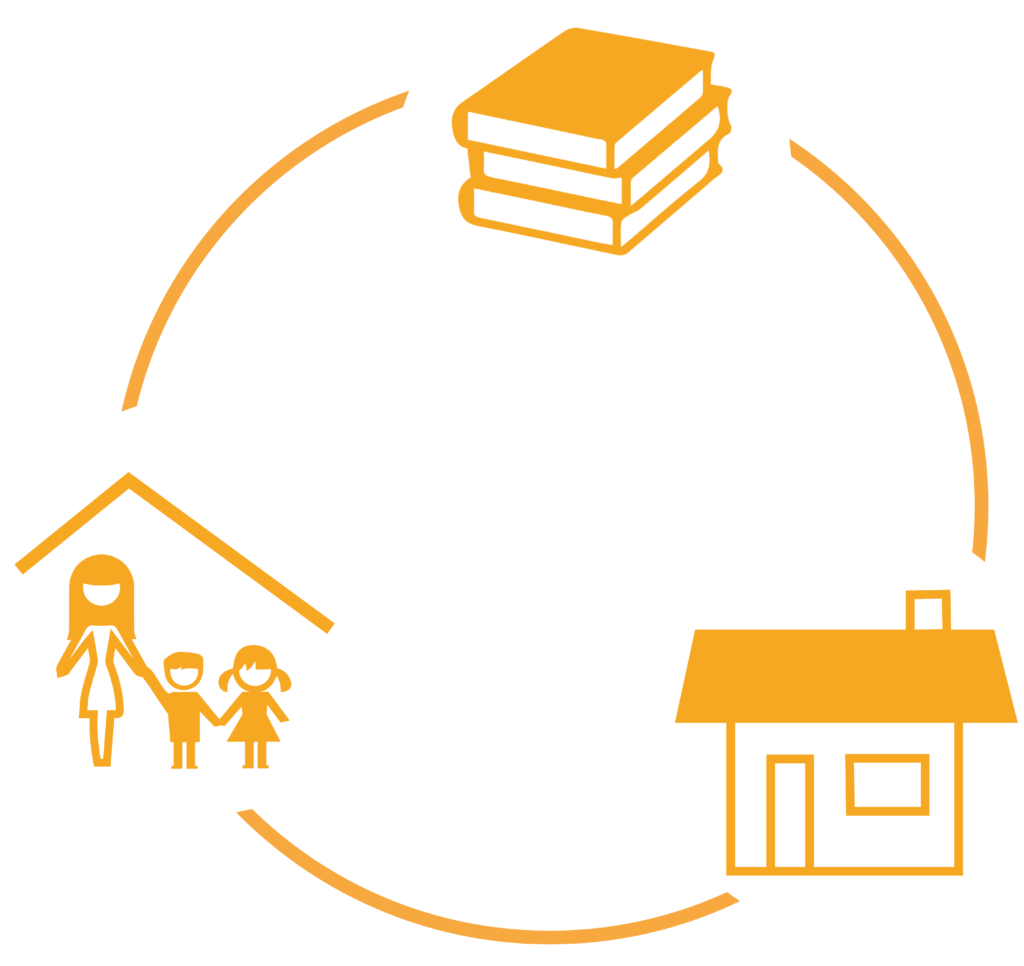In Nepal, a large part of the population is affected by poverty and child labour is therefore widespread. Children often have no access to schooling for financial reasons. Girls are particularly often denied access to school. In the Kathmandu Valley, many girls are forced to work in the red light district, where they are exposed to sexual violence and the dangers of human trafficking. Due to the heavy workload, even children who have access to school education often do not have the time to study and benefit from school. In addition, Nepal is still suffering greatly from the consequences of the devastating earthquakes in 2015, with the districts in the Kathmandu Valley also severely affected. In addition to residential buildings, school buildings were also badly damaged.
Securing livelihoods and supporting school education

BENEFICIARIES 2023: 3’060 SCHOOLCHILDREN
In the past few years, Usthi has worked with a local partner to set up an education project in the Dhading district that aims to support and empower the population on several levels. The project aims to provide educational support to children from disadvantaged families who work in the informal sector. To this end, the project invests in the infrastructure of the schools and the quality of education.
As part of the project, workshops are held for teachers on topics such as teaching methods and didactics. In addition, parents are supported in securing their own livelihood so that they can contribute to the financing of their children’s education. This programme ensures the sustainability of the project and prevents the children from having to contribute to their family’s income. In addition, the schoolchildren receive regular health checks and the local population is sensitised to issues such as children’s rights, child labour and health.
The project supports a total of around 2,000 schoolchildren at 10 schools. 150 children whose parents do not have the financial means to send their children to school are enabled to attend primary or secondary school. The families also receive support in securing their livelihoods.
The Nepal project is supported by the Tauro Foundation.
